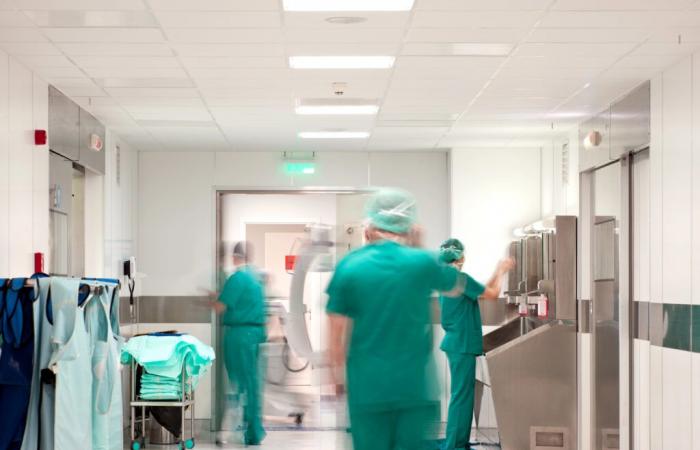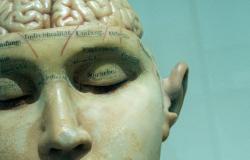Technological advances are continually revolutionizing various sectors, including healthcare. The integration of smart medical devices into healthcare is a major development that promises to improve both the effectiveness of treatments and the quality of life of patients. These innovations provide precise and personalized solutions, adapted to individual needs.
Improving the patient experience
The use of smart medical devices significantly improves the patient experience. By minimizing the need for repeat visits to the doctor, these technologies provide effective at-home monitoring. This not only optimizes patient comfort, but also reduces the stress associated with ongoing treatments.
Furthermore, the integration of such systems, with the right cleanroom equipment as well as treatment or diagnostic rooms, allows better management of environmental conditions, essential for the reliability of medical devices.
This advanced technology allows patients to benefit from more precise control of their health on a daily basis. By facilitating access to high-quality care, these devices increase patients’ autonomy and improve their ability to manage chronic conditions without constant assistance.
Optimization of diagnostics and treatments
Smart medical devices are valuable tools that optimize diagnostics and treatments. For example, advanced imaging systems facilitate early detection of diseases. They also make it possible to monitor the progress of treatments in real time. This ensures rapid intervention in the event of complications, improving the chances of recovery.
Personalization of medical care
With the help of smart medical technology, doctors can provide truly personalized care. Devices are often equipped with sensors that continually analyze a patient’s condition. This data allows treatments to be adjusted to meet the exact needs of each individual, without excessive intervention.
Disease prevention
Smart medical devices play a crucial role in disease prevention. Devices like smartwatches record vital data, such as heart rate or activity levels. This helps identify risks of chronic conditions early, allowing preventative interventions that can prevent the development of more serious illnesses.
What to remember
The integration of smart medical devices into healthcare is a significant advancement that is shaping the future of the sector. By choosing the right cleanroom equipment and adopting a patient-centered approach, healthcare professionals can significantly improve treatment outcomes while making the healthcare experience less invasive and more personalized. To move towards a more efficient and compassionate healthcare system, the adoption of these innovative technologies is essential. So, it is time to embrace these changes to ensure a healthier future.






